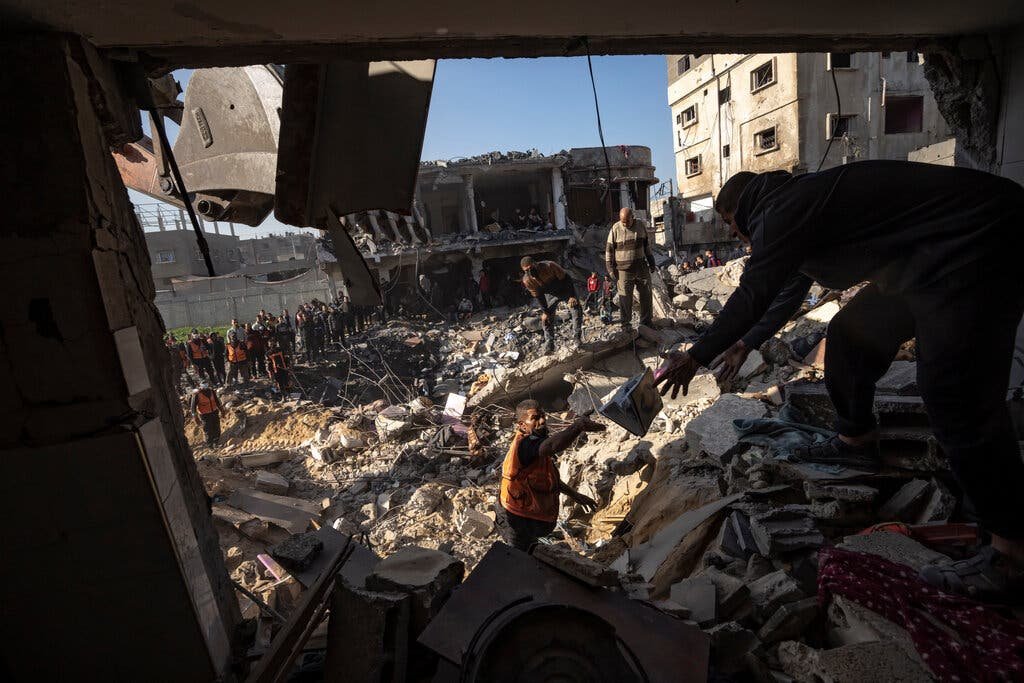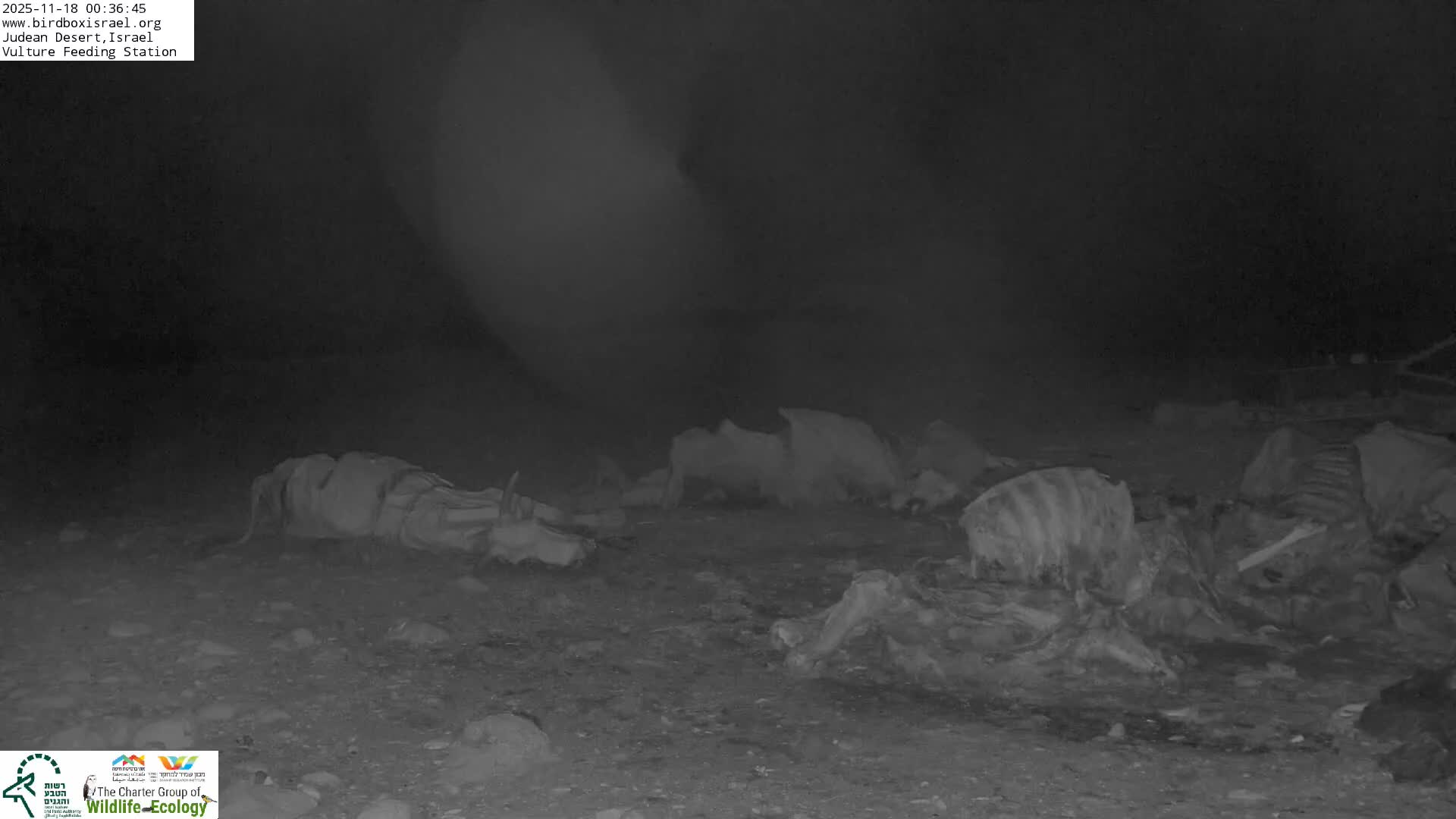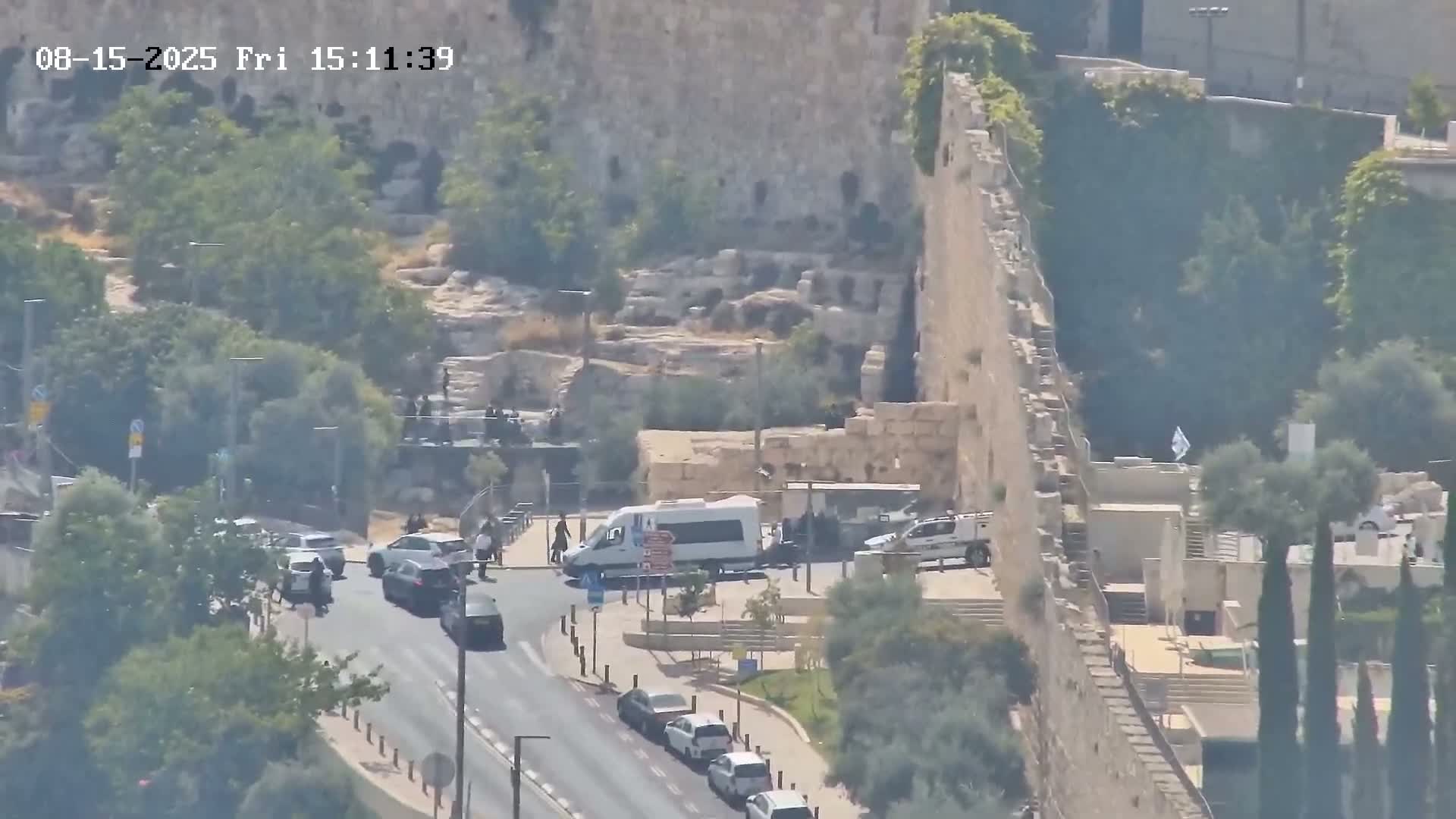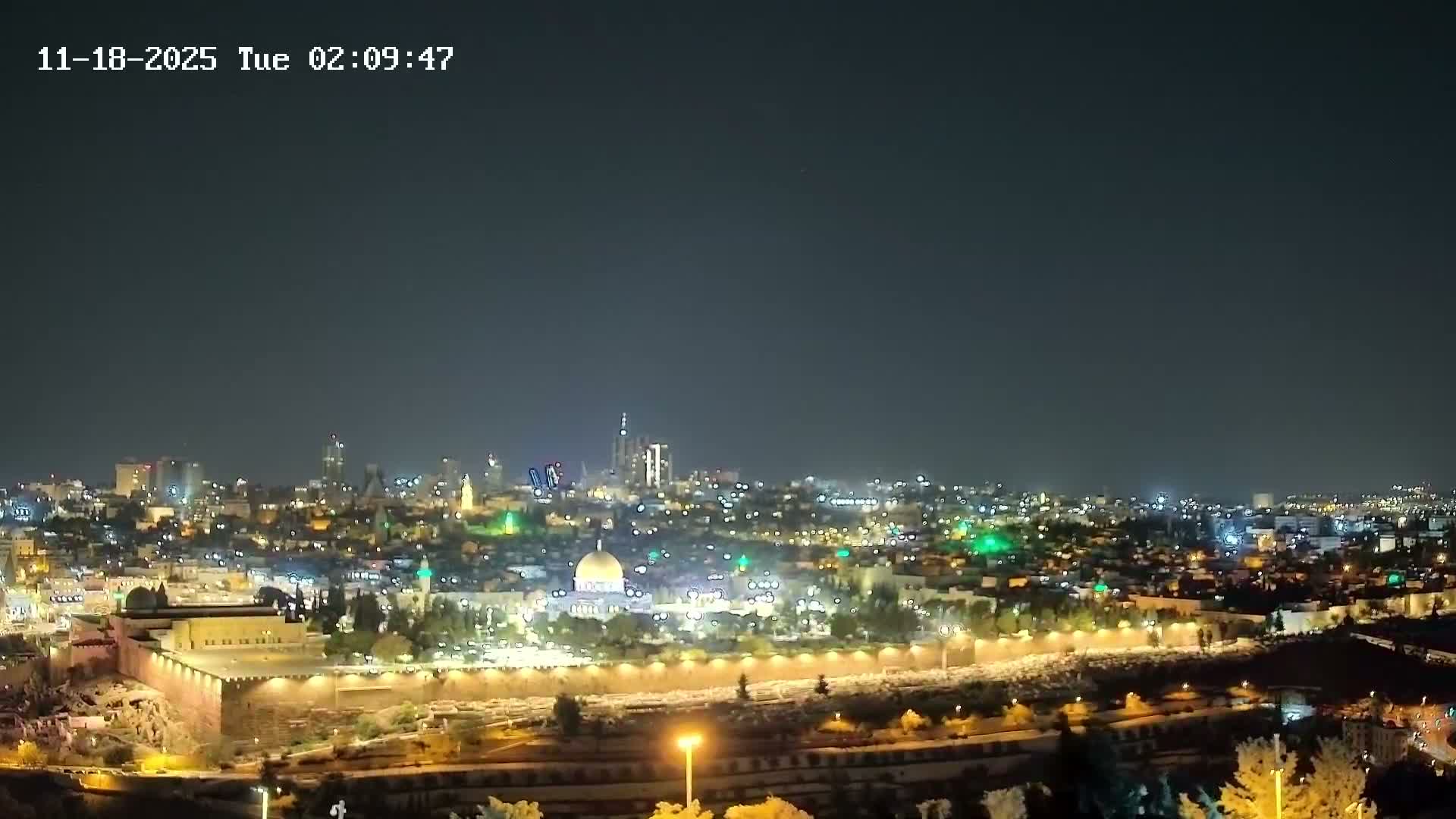UN Security Council Endorses Trump's Gaza Peace Plan for Mideast Stability
 Palestinian Territory Occupied
International Politics
Palestinian Territory Occupied
International Politics

The UN Security Council has adopted the Trump administration's peace plan for Gaza, aiming to stabilize the Middle East with a framework for a two-state solutio
UN Security Council Endorses Trump's Gaza Peace Plan
A Pivotal Diplomatic Move for the Middle East
The United Nations Security Council has reportedly adopted a peace plan for Gaza, previously proposed by the Trump administration. This move, if confirmed, marks a significant diplomatic development, potentially reshaping the landscape of the Israeli-Palestinian conflict.
While details of the Security Council's specific resolution or endorsement remain to be fully disclosed, the core framework of the Trump peace plan, often dubbed the "Deal of the Century," has been a subject of intense debate since its initial unveiling. Its adoption by the UN's most powerful body could lend it unprecedented international legitimacy, even if its implementation faces formidable challenges.
Key Elements of the Proposed Framework
Key elements of such a plan typically envision a path towards a two-state solution, albeit one with significant departures from traditional international consensus. These often include provisions for border adjustments, the status of Jerusalem, security arrangements for Israel, and substantial economic investments aimed at improving the lives of Palestinians in Gaza and the West Bank. The emphasis has often been on economic prosperity as a precursor to broader political resolution.
Anticipated Reactions and Regional Implications
Reactions to any such adoption are anticipated to be sharply divided. While some nations and factions might view it as a pragmatic step towards breaking the long-standing deadlock, others, particularly Palestinian leadership and their allies, are likely to reiterate their rejection of a plan they perceive as biased and not meeting their national aspirations. International bodies and individual states may also express varied levels of support or concern, reflecting the complex geopolitical dynamics of the Middle East.
The Road Ahead for Peace
The road ahead for implementing any peace plan, even one adopted by the Security Council, is fraught with obstacles. It requires not only political will from all parties but also a concerted effort to build trust, address security concerns, and foster economic development. The UN's involvement, if indeed confirmed, would underscore the international community's enduring commitment to finding a resolution to one of the world's most intractable conflicts, though the pathway to lasting peace remains exceptionally challenging.




